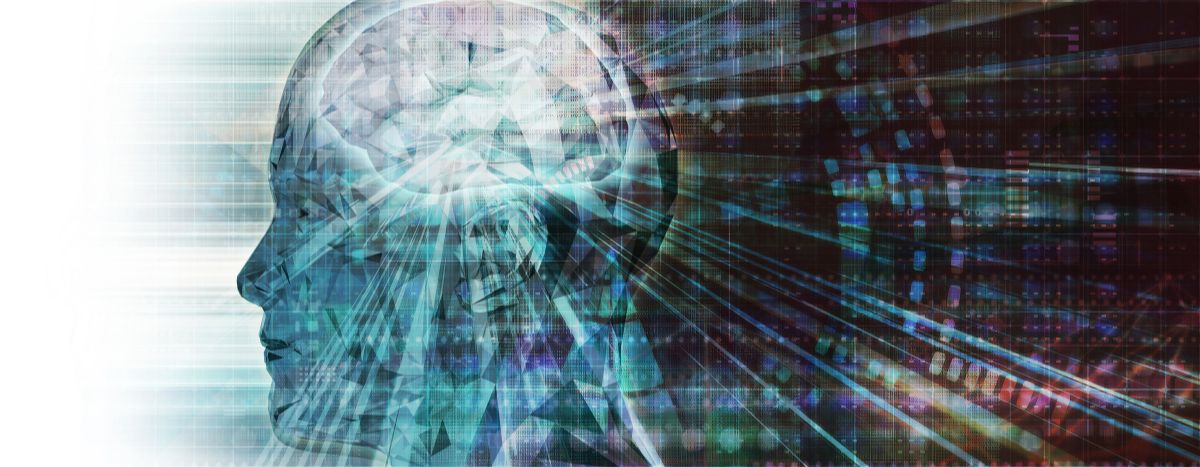March marks a global focus on brain health, with Brain Awareness Month highlighting the importance of understanding neurological conditions and the need to prioritise our brain health, just as we do for our physical wellbeing.
Understanding Neurological Conditions
Neurology focuses on the nervous system’s structure, function, and disorders. Neurological conditions, ranging in the hundreds, can significantly impact our lives. Some of the most common include Alzheimer’s disease, dementia, Parkinson’s disease, epilepsy, and Traumatic Brain Injury (TBI)1. A concussion, often referred to as a “mild TBI,” is a temporary change in normal brain function following trauma. While usually not life-threatening, the effects can be serious2.
By 2050, Alzheimer’s and dementia are projected to affect an estimated 170,000 New Zealanders. Parkinson’s disease, a degenerative brain disorder, currently impacts close to 10,000 New Zealanders3. Epilepsy affects 47,000 New Zealanders4, while TBI, resulting from external force to the brain, affects 100 New Zealanders daily5.
The Importance of Brain Fitness
Brain fitness is as vital as physical fitness to overall wellbeing. It involves maintaining a sharp mind, optimising functions such as memory, cognition and concentration. Poor brain health can lead to cognitive disorders and impact our overall quality of life. Experts suggest that around 40% of dementia cases worldwide could potentially be delayed or even prevented by adjusting certain lifestyle factors such as diet, exercise, and sleep6.
Therefore, it’s vital to prioritise and invest time in maintaining and enhancing our brain fitness. Here are our tips to keep brain fit:
Tips for Promoting Brain Fitness
- Mental stimulation: Engaging in activities that challenge your mind boosts brain function. Some activities that improve brain function include puzzles, playing a musical instrument, bird watching, learning a language such as Te Reo Māori, visiting museums, gardening, joining book clubs, and doing volunteer work.
- Regular exercise: Regular physical exercise isn’t just good for your body; it’s also beneficial for your brain. A study published in the BMC Public Health journal found significant links between physical activity and improved cognitive function7. Try hiking, biking, water sports, team sports or yoga.
- Diet: The food we consume can significantly impact our brain health. The Neurological Foundation advises that foods good for overall body health are also beneficial for the brain. They recommend avoiding highly processed foods and sugars8.
- Sleep: Getting a good night’s sleep is vital for maintaining brain health. Lack of sufficient sleep can adversely affect brain functions, resulting in compromised concentration, unclear thinking, and poor memory processing. The Heart Foundation suggests avoiding alcohol, nicotine, and caffeine before bedtime, getting into a daily routine, and aiming for 8 hours sleep each night9.
- Social connections: Maintaining social connections and engaging in regular social interactions can help keep the brain fit as you age. Some recommendations from the Heart Foundation include reaching out to your network, forging new connections by finding common interests, switching from online to in-person interactions, and using social media in a positive way10.
- Meditation: Meditation has significant benefits for brain health, particularly in reducing anxiety and improving stress response and coping mechanisms11.
Check out these online activities to challenge your brain:
- Wordle (New York Times)
- Connections (New York Times)
- Strands (New York Times)
- The Mini Crossword (New York Times)
- Cool Maths Games
Many popular NZ news publications also publish daily or weekly quizzes:
- Stuff Daily Quiz (Morning and Afternoon)
- NZ Herald Daily Quiz
- 1News Daily Quiz
- Newsroom Daily Quiz and Crossword
- Businessdesk’s ‘QuiznessDesk’
If you or someone you know is dealing with a neurological condition, seek professional advice from your doctor. You can also contact local support organisations for assistance.
In New Zealand, there are several organisations that provide support for individuals dealing with neurological conditions:
Neurological Foundation of New Zealand - A leading source of information about brain diseases and disorders in New Zealand. They also fund research and provide educational resources to the public.
Alzheimer's New Zealand - Offers support for people living with Alzheimer's and other forms of dementia. They provide information, resources, and support groups.
Parkinson's New Zealand - Provides education, information, and support for people living with Parkinson's disease. They have community educators across the country who offer advice and support.
Epilepsy New Zealand - Provides support for people with epilepsy and their families. They offer education programmes, personal advocacy, and support groups.
Brain Injury Association New Zealand - Offers support and resources for people who have experienced a traumatic brain injury. They provide education, advocacy, and community programmes.
Stroke Foundation of New Zealand - Provides services to improve the quality of life for stroke survivors and their families. They offer rehabilitation services, support groups, and resources.
Footnotes:
- https://neurological.org.nz/conditions/what-is-neurology/
- https://www.cdc.gov/heads-up/about/
- https://neurological.org.nz/conditions/brain-disorders-and-support/alzheimers-disease-and-dementia/
- https://neurological.org.nz/conditions/brain-disorders-and-support/parkinsons-disease/
- https://neurological.org.nz/conditions/brain-disorders-and-support/epilepsy/
- https://www.thelancet.com/journals/lancet/article/PIIS0140-6736(20)30367-6/fulltext
- https://link.springer.com/article/10.1186/s12889-018-5863-1
- https://neurological.org.nz/news/eating-healthy-and-powering-your-brain/
- https://www.heartfoundation.org.nz/educators/edu-resources/sleep-routine
- https://www.heartfoundation.org.nz/about-us/news/blogs/the-power-of-social-connection-your-health-depends-on-it
- https://www.healthline.com/nutrition/12-benefits-of-meditation






.jpg)